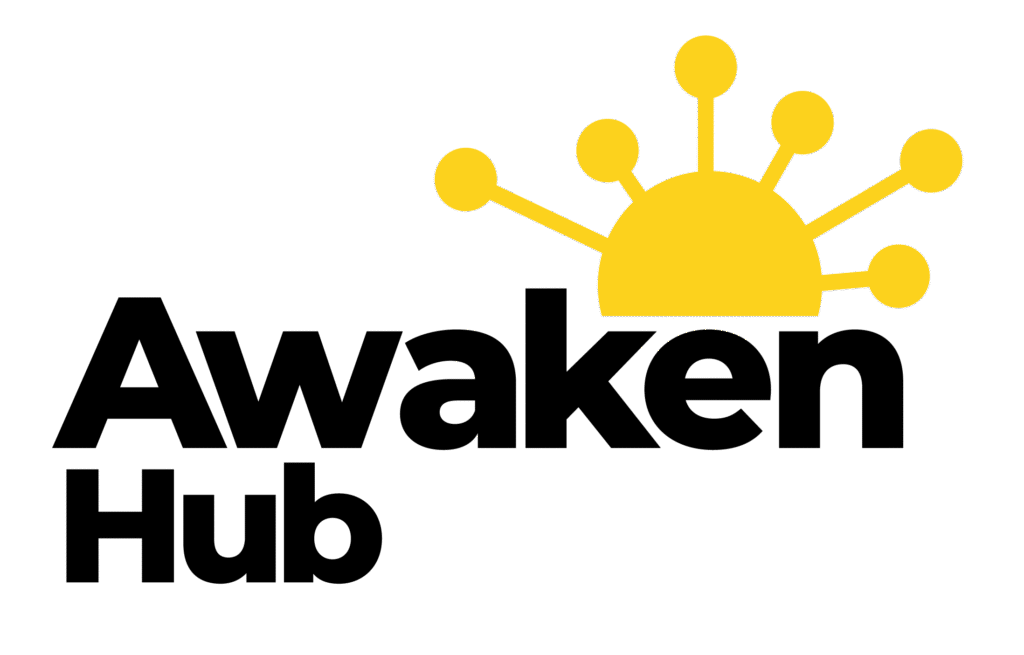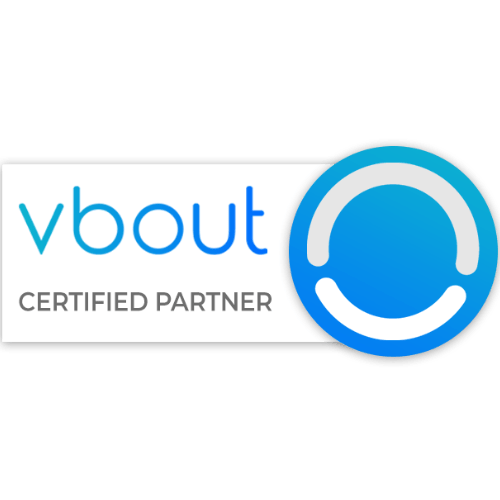Boost Your Business with Local SEO
Local SEO, or local search engine optimisation, is a specialised branch of SEO that focuses on optimising a business’s online…
Local SEO, or local search engine optimisation, is a specialised branch of SEO that focuses on optimising a business’s online presence to attract more customers from relevant local searches. When you think about how often you search for services or products in your vicinity, it becomes clear why local SEO is essential. It involves various strategies and techniques aimed at ensuring that your business appears prominently in local search results, particularly on platforms like Google.
This means that when potential customers search for a service you offer, your business is more likely to show up in their search results, especially if they are located nearby. At its core, local SEO is about connecting with your community. It’s not just about being found; it’s about being found by the right people at the right time.
This involves optimising your website and online profiles to include location-specific keywords, ensuring that your business information is accurate and consistent across various platforms, and engaging with your local audience through tailored content. By understanding the nuances of local SEO, you can effectively position your business to meet the needs of your community while also enhancing your visibility in search engine results.
Summary
- Local SEO focuses on optimising a business’s online presence to attract more local customers.
- Local SEO is crucial for businesses as it helps them stand out in local searches and drive more foot traffic to their physical locations.
- Key factors for local SEO success include accurate business information, local keyword targeting, and online reviews.
- Optimising Google My Business is essential for local SEO, as it helps businesses appear in Google’s local pack and maps results.
- Creating localised content, such as location-specific landing pages and blog posts, can significantly improve a business’s local SEO performance.
Importance of Local SEO for Businesses
Enhancing Credibility and Trustworthiness
When you optimise for local SEO, you are not just increasing your chances of being discovered; you are also enhancing your credibility and trustworthiness in the eyes of potential customers.
Level Playing Field for Small Businesses
This is particularly crucial for small businesses that may not have the same marketing budgets as larger corporations. Moreover, local SEO can lead to higher conversion rates. When users search for services with local intent, they are often ready to make a purchase or engage with a business.
Targeted Customer Acquisition
By ensuring that your business appears in these searches, you are more likely to attract customers who are already interested in what you offer. This means that investing in local SEO can yield significant returns, as it helps you connect with customers who are actively seeking your services in your area.
Key Factors for Local SEO Success

To achieve success in local SEO, several key factors must be considered. One of the most critical elements is the optimisation of your Google My Business (GMB) listing. This free tool allows you to manage how your business appears on Google Search and Maps.
By ensuring that your GMB profile is complete and accurate, including your business name, address, phone number, and operating hours, you can significantly improve your chances of being found by local customers. Additionally, regularly updating your GMB profile with posts, photos, and special offers can keep your audience engaged and informed. Another vital factor is the use of local keywords throughout your website and content.
This involves researching and identifying the terms that potential customers are using when searching for services like yours in your area. Incorporating these keywords into your website’s meta tags, headings, and content can help search engines understand the relevance of your site to local queries. Furthermore, building local backlinks from reputable websites can enhance your authority and improve your rankings in local search results.
Optimising Google My Business for Local SEO
| Metrics | Data |
|---|---|
| Google My Business Profile Completion | 90% |
| Number of Google My Business Posts | 15 |
| Google My Business Reviews | 25 |
| Google My Business Q&A | 10 |
| Google My Business Photos | 50 |
Optimising your Google My Business listing is one of the most effective ways to enhance your local SEO efforts. When you claim and verify your GMB profile, you gain control over how your business appears on Google Search and Maps. It’s essential to fill out every section of your profile completely.
This includes providing accurate information about your business name, address, phone number (NAP), website URL, and business category. Consistency is key; ensure that this information matches what is listed on your website and other online directories. In addition to basic information, you should also take advantage of the features offered by GMAdding high-quality images of your products or services can attract potential customers and give them a glimpse of what to expect.
Regularly posting updates about promotions or events can keep your audience engaged and encourage them to visit your business. Furthermore, responding to customer reviews—both positive and negative—demonstrates that you value customer feedback and are committed to providing excellent service.
Creating Localised Content for Local SEO
Creating localised content is another powerful strategy for enhancing your local SEO efforts. This involves producing content that speaks directly to the interests and needs of your local audience. For instance, if you run a bakery in a specific town, consider writing blog posts about local events or festivals where your baked goods could be featured.
You might also create guides on the best places to visit in your area or share stories about how your business has been part of the community. Incorporating local keywords into this content is crucial for improving its visibility in search results. By using phrases that reflect local intent—such as “best bakery in [your town]”—you can attract more relevant traffic to your website.
Additionally, sharing this content on social media platforms can help increase engagement and drive more visitors to your site. The more valuable and relevant content you provide to your audience, the more likely they are to view you as an authority in your field.
Leveraging Online Reviews for Local SEO

Online reviews play a significant role in local SEO and can greatly influence potential customers’ decisions. Positive reviews not only enhance your credibility but also improve your visibility in search results. When users leave reviews on platforms like Google My Business or Yelp, they contribute to the overall perception of your business.
Encouraging satisfied customers to leave reviews can help bolster your online reputation and attract new clients. It’s equally important to manage negative reviews effectively. Responding promptly and professionally to any criticism shows that you care about customer feedback and are willing to make improvements.
This proactive approach can turn a negative experience into a positive one and may even encourage other customers to share their positive experiences as well. By actively engaging with reviews, you not only enhance customer relationships but also signal to search engines that your business is active and trustworthy.
Tracking and Measuring Local SEO Performance
To ensure that your local SEO efforts are effective, it’s essential to track and measure performance regularly. Various tools can help you monitor key metrics such as website traffic, search rankings, and conversion rates. Google Analytics is an invaluable resource for understanding how users interact with your website and where they are coming from.
By analysing this data, you can identify which strategies are working well and which areas may need improvement. Additionally, tracking the performance of your Google My Business listing is crucial. You can view insights on how customers find your listing—whether through direct searches or discovery—and how they interact with it.
This information can guide future optimisation efforts and help you refine your approach based on what resonates most with your audience. By continuously monitoring these metrics, you can adapt your strategies to ensure ongoing success in local SEO.
Local SEO Best Practices for Small Businesses
For small businesses looking to enhance their local SEO efforts, adhering to best practices is vital for achieving long-term success. First and foremost, ensure that all NAP information is consistent across all online platforms—this includes your website, social media profiles, and any online directories where your business is listed. Inconsistencies can confuse potential customers and negatively impact your search rankings.
Another best practice is to engage with the community both online and offline. Participating in local events or sponsoring community activities can increase brand awareness while also providing opportunities for generating backlinks from local news outlets or blogs. Additionally, consider collaborating with other local businesses for cross-promotional opportunities; this not only strengthens community ties but also enhances visibility within the local market.
In conclusion, mastering local SEO is essential for businesses aiming to thrive in their communities. By understanding its importance, optimising key platforms like Google My Business, creating relevant content, leveraging online reviews, tracking performance metrics, and adhering to best practices, you can significantly enhance your visibility in local search results. As consumers increasingly turn to online searches for their needs, investing time and effort into local SEO will undoubtedly pay off in attracting new customers and fostering lasting relationships within your community.
Local SEO is crucial for businesses looking to attract customers in their specific geographic area. According to a recent article on Dublin Marketing, implementing effective local SEO strategies can significantly boost a company’s online visibility and drive more foot traffic to their physical location. By optimising their website and online listings with location-specific keywords and information, businesses can ensure that they appear in local search results when potential customers are looking for products or services in their area. This targeted approach to SEO can lead to higher conversion rates and increased revenue for businesses of all sizes.
FAQs
What is Local SEO?
Local SEO (Search Engine Optimization) is the process of optimizing a website to increase its visibility for local searches. This includes optimizing the website’s content, as well as managing its online presence to ensure it appears in local search results.
Why is Local SEO important?
Local SEO is important for businesses that rely on local customers, as it helps them to be found by potential customers in their area. It also helps businesses to stand out in local search results, increasing their chances of attracting local customers.
What are the key factors in Local SEO?
Key factors in Local SEO include optimizing the website’s content with local keywords, ensuring the website is mobile-friendly, managing online reviews and citations, and claiming and optimizing the Google My Business listing.
How does Local SEO differ from traditional SEO?
Local SEO focuses on optimizing a website for local searches, while traditional SEO focuses on optimizing a website for broader, non-local searches. Local SEO also involves managing a business’s online presence in local directories and review sites.
What are some tips for improving Local SEO?
Some tips for improving Local SEO include optimizing the website’s content with local keywords, ensuring the website is mobile-friendly, managing online reviews and citations, and claiming and optimizing the Google My Business listing. It’s also important to ensure the business’s name, address, and phone number are consistent across all online platforms.











